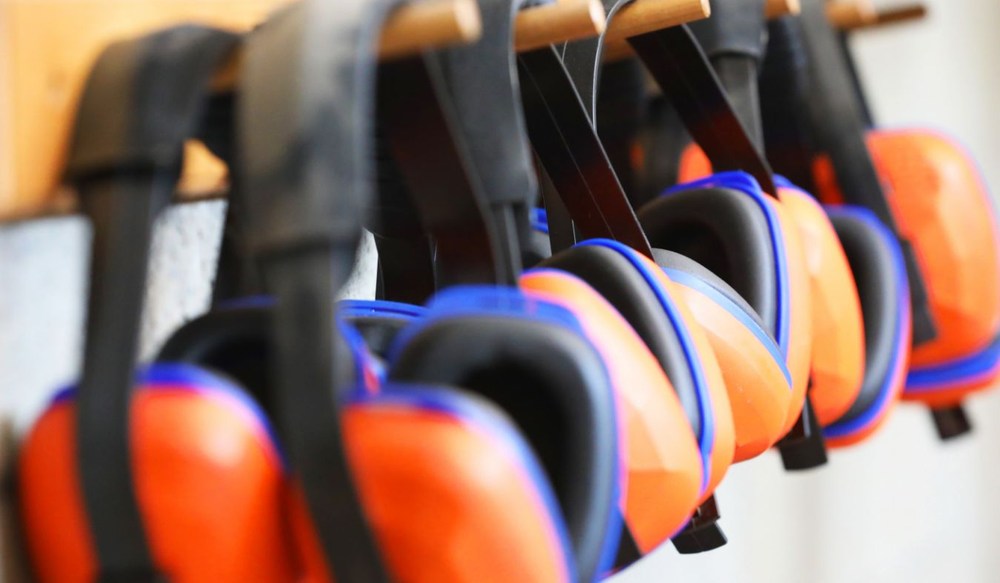The Role of Genetics in Hearing Loss
Our genes can affect how our hearing changes over time. While hearing loss
We’re Hiring! Click Here to Learn More About Our Career Opportunities →

Audiologists work with you using expert social skills, advanced technology, and problem-solving skills to help treat hearing loss and other auditory disorders that people may experience.
One of the most commonly used treatments for hearing loss is hearing aids. There are many ways that your audiologist can help you with your hearing aids; let’s have a look at four of them below:
Your audiologist will recommend you the best hearing aids for your personal needs. Not every model will work for every person, which is why it is essential the right type and features are used for your specific needs. No person’s hearing loss is equal to the next, so blanket treatment cannot be used.
In order to select the right hearing aids for your needs, your audiologist will evaluate the degree of hearing loss you are experiencing. They will create an audiogram by testing your hearing levels in a range of pitches. Using the audiogram, they are able to recommend the right hearing aid for you.
Once you have seen your audiologist for your hearing tests, and they have selected the right hearing aids for you, they will arrange for them to be fitted. You should expect to spend time with your audiologist to make sure they are fitted correctly. Before your final fitting appointment, you may need to have earmolds created in order to ensure they fit perfectly in your ear. They will show you how to properly insert and remove the hearing aids yourself and show you how to check them for faults. They may also run a short hearing test when you are wearing them to make sure program settings are doing what they should be.
It is important for your hearing aids to be maintained correctly. Your audiologist will show you how to take care of some of the maintenance of your hearing aids at home, including checking for crackling or interference, cleaning them, changing the batteries or tubing, and keeping them dry if they get wet. As well as this, your audiologist may run through an annual maintenance check during your hearing appointment. They will update any settings, alter any programs if needed, change the tubing, replace batteries and take new earmolds if necessary.
Your hearing aids may sometimes need to be sent in for repairs; this is, again, something that your audiologist will take care of. Whether they are crackling, have stopped working even though the batteries have changed, or something accidentally happened, such as dropping them in water, these types of things sometimes happen. Your audiologist will be able to tell you if they can be repaired or if they need to be replaced.
Your audiologist can help you with all areas of hearing loss and hearing aids. Make sure you ask questions if you need to.

Our genes can affect how our hearing changes over time. While hearing loss

Hearing protection might not be something most young adults think about,

Hearing loss usually starts gradually, making it hard to notice right